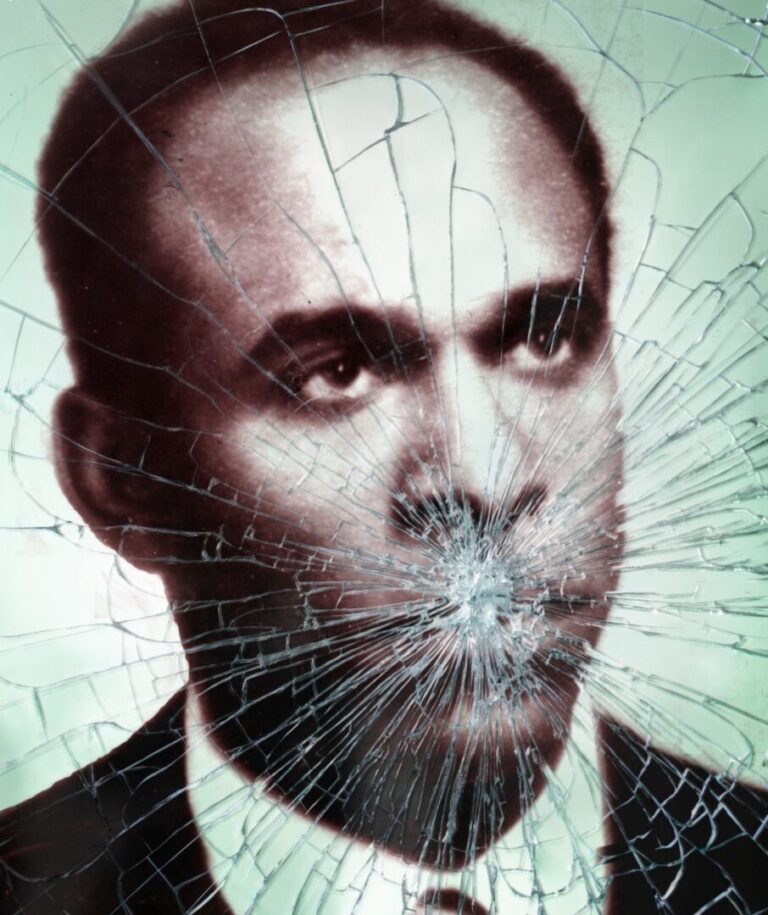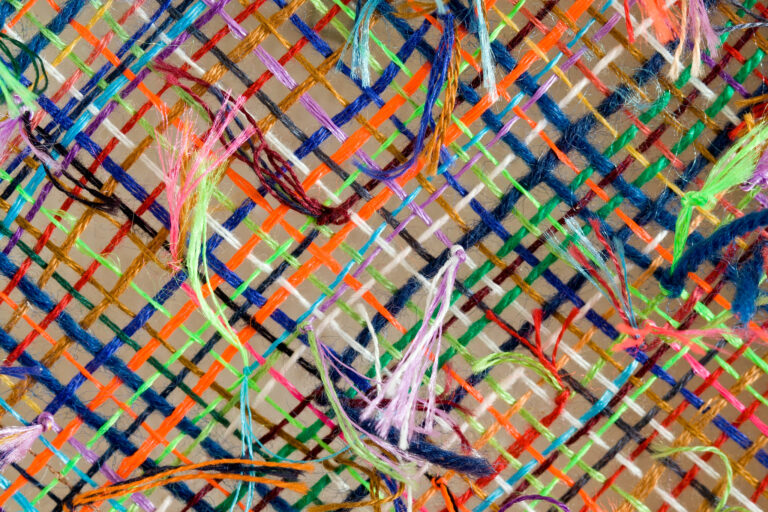This essay examines the scholarship of revolutionary theorist Frantz Fanon and the debate surrounding his conception of decolonization and “new humanism.” Across a multitude of fields, Black and cultural studies among them, Fanon has been heralded as an iconic thinker who offers us a path toward an alternative humanity. Working against the grain of this popular form of Fanonism, I suggest that there is a Black iconoclasm—a deep desire to unsettle the very rendering of a systematic path toward decolonization—that pervades Fanonian thought. Accordingly, the essay examines and unsettles various forms of Fanonism by suggesting that their teleological narratives of redemption ultimately end up serving anti-Fanonian pursuits. Through an extended meditation on Fanon’s claim that decolonization is “a program of complete disorder,” I explore what it might mean to embrace a Black iconoclastic approach to Fanon and the pursuit of Black liberation.
Articles by Charles Athanasopoulos
Charles Athanasopoulos is a PhD student at the University of Pittsburgh. His research interests include Black rhetorical studies, Fanonian thought, the Black Lives Matter movement, racial iconography, and media studies.
Review of Iconoclasm: The Breaking and Making of Images edited by Rachel F. Stapleton and Antonio Viselli (McGill-Queen University Press)
Using an eclectic mix of artifacts (e.g. romance novels, historical sites, religious texts, literary texts), Iconoclasm highlights the cyclical nature of iconoclastic gestures and iconolatry. For the authors in this edited collection, iconoclasts re-energize iconophiles’ investments in a particular object through its shattering. In taking a Nietzschean perspective on destruction, they also gesture toward the ways in which iconoclastic acts contain the seeds of a new form of idol worship. Highlighting what they call the “Taussigian principle,” this text compels the reader to consider whether iconoclasm unwittingly reproduces the dialectical relationships it attempts to escape.

